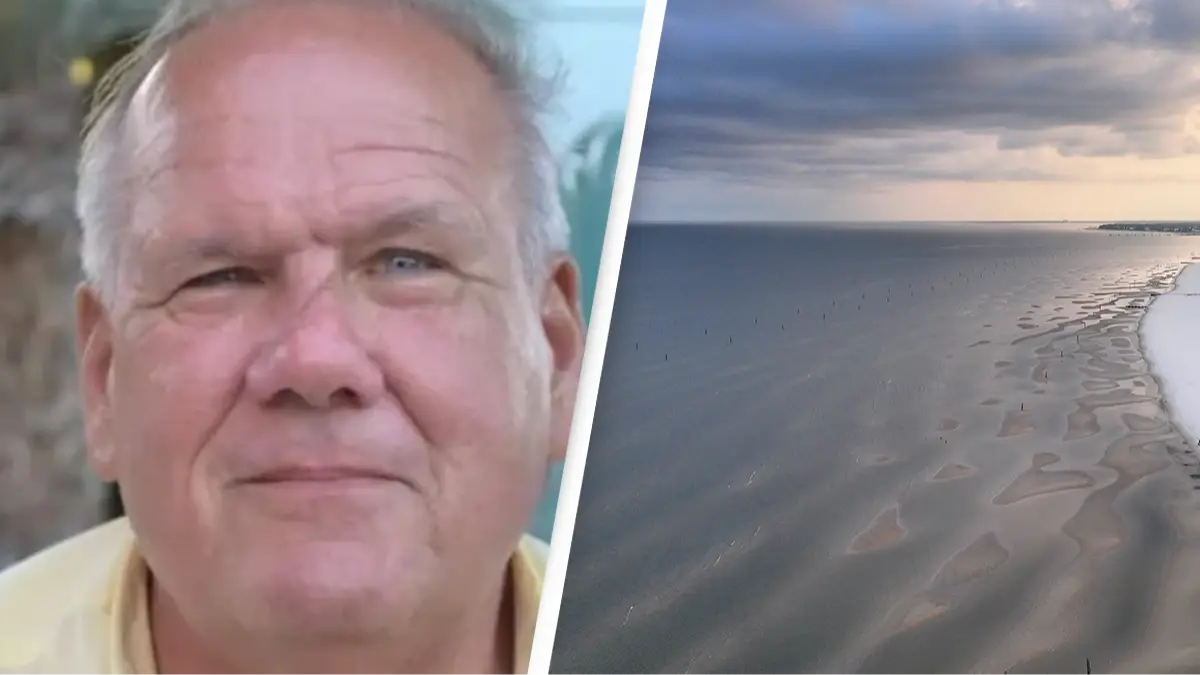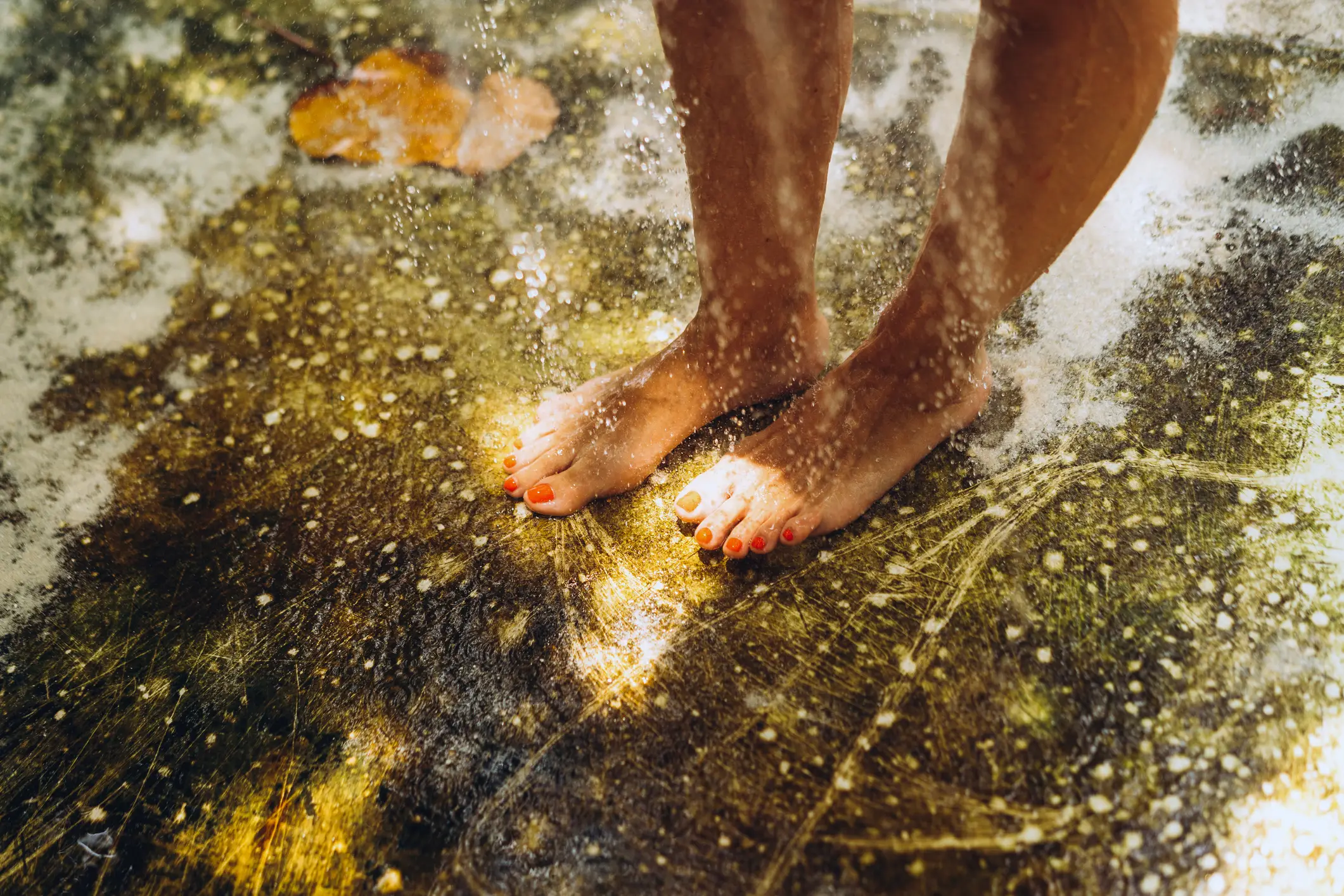
A dad has become the latest to die from a flesh-eating bacteria that has claimed the lives of nine people, with many more hospitalised.
Health authorities across the Gulf Coast have been issuing stark warnings about the bacteria, called Vibrio vulnificus, which claimed the lives of four people in Louisiana and five in Florida this year so far.
Now, Basil Kennedy from New Orleans, Mississippi, is the latest victim known to have died from the nasty bacteria which thrives in coastal waters, usually saltwater or brackish water.
The 77-year-old tragically died in hospital on July 21, just days after contracting the rare and deadly bacterium while going sailing.
Advert
Basil's leg reportedly became infected after he scratched it on his trailer to launch his boat into the waters that was parked outside his Bay S. Louis home, reports PEOPLE, after which he used hydrogen peroxide to clean the wound and covered it with a bandage.

Yet in a matter of three days, Basil's symptoms started to show, which included vomiting, fever and early signs of septic shock.
Medics performed emergency surgery on the grandfather to remove the infected, dead tissue, where doctors determined the cause was from the flesh-eating bacteria.
Despite their best efforts, he died of organ failure.
His two grief-stricken daughters, Kay Kennedy Regimbal and Rebekah Kennedy, are now raising awareness of Vibrio vulnificus and have paid tribute to their 'happy' and 'life of the party' father.
"While we are grieving the loss of our husband, dad, and grandfather, we do not want this to create fear of the water. Our family has always loved the Gulf Coast and the connection it brings to nature and each other," Rebekah told the Daily Mail. "We are sharing our experience only in the hope that it might help someone else."

“There doesn't need to be a fear of the water. There needs to be an education and a knowledge of if you have a cut, if you potentially could have been exposed, if there is a risk, how to handle it and what to do," Kay added to The Advocate.
“All of our favorite family memories are on the water," she added. "My dad would be devastated to hear that people fear his most favorite thing in the world."
The tragedy comes as state health bodies warn cases are unusually rising.
Current number of cases 'higher' than 'typically reported'
The Florida Department of Health confirmed it has had 16 total cases of Vibrio vulnificus across 12 counties, resulting in five deaths this year, and the Louisiana Department of Health has recorded 17 infections and four deaths, of which 75 percent came from contact with the water as opposed to being foodborne.

In its release, the Louisiana health department added it had noted an 'increase' in infections, with the current number of cases 'higher' than 'typically reported'.
How do people contract V. vulnificus?
While Vibrio causes an estimated 80,000 illnesses every year in the US, its particular species, V. vulnificus, is what's known to cause life-threatening infections.
The Centers for Disease Control and Prevention says it naturally thrives in warm, coastal waters.
The bacteria can cause an infection when people have an open wound, like a tattoo, piercing or cut, when in the waters, but most people become sick after eating raw or undercooked shellfish like oysters as the bacteria can 'concentrate' inside, accounting for around 10 percent of cases.
It is also not known to travel from person to person.